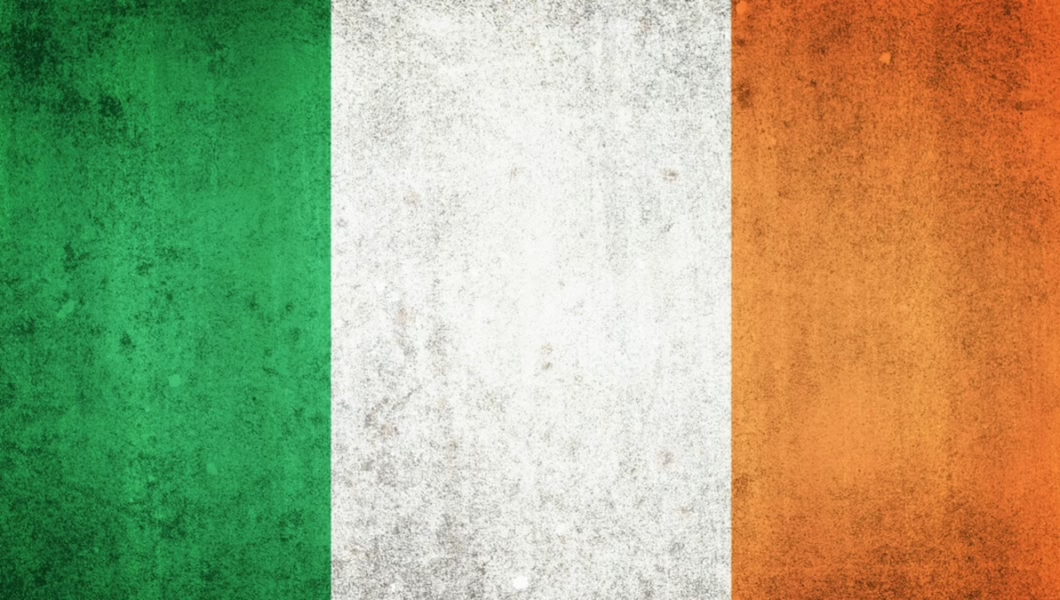A new study reveals Ireland’s gender-based violence attitudes are outdated, hindering progress towards equality.
Rape Culture
Rape culture is a concept that defines the framework of entrenched attitudes and convictions that foster an environment conducive to sexual harassment, misconduct, and assault. In this construct, the crime of rape is downplayed, its victims are blamed and met with skepticism regarding their violation, and its perpetrators receive protection and an abundance of sympathy.
The term rape culture first appeared in the pages of the 1974 publication ‘Rape: The First Sourcebook for Women,’ edited by Noreen Connell and Cassandra Wilson as part of the New York Radical Feminists initiative. In this seminal work, the group stated its mission to end rape, arguing that this can only be achieved through the transformation of society.
The term rape culture was also used in the eponymous 1975 documentary, produced and directed by Margaret Lazarus and Renner Wunderlich for Cambridge Documentary Films, which explores the normalization of sexual violence within broader cultural contexts. It shares accounts of male and female rape survivors, perpetrators, and influential anti-rape activists such as feminist philosopher and theologian Mary Daly, as well as author and artist Emily Culpepper.
Rape culture exists on a spectrum of attitudes and behaviors including language, humor, multi-media, the legal system, government policies, and cultural representations. These collectively serve to normalize gender-based violence and sexual coercion to such an extent that individuals may come to accept rape as an unavoidable part of life.
The concept of rape culture was dismissed and denied for decades until technology and social media endowed people with a forum to articulate reality. Millions of testimonies formed a critical mass under the hashtag #MeToo in 2017.
The #MeToo movement brought widespread attention to sexual harassment, misconduct, and assault by encouraging people to share their lived experiences and hold perpetrators accountable. In this way, MeToo has helped to dismantle certain facets of rape culture, building awareness and demanding the systemic change Connell and Wilson wrote about in 1974 to prevent sexual violence and support survivors.
Ashley Parkham files a lawsuit against Sean “Diddy” Combs alleging that she was gang-raped by him, Kristina Khorram, and other associates.
Sean “Diddy” Combs allegedly laced baby oil with the date rape drug GBH prior to sexually assaulting his victims.
Meet the men and women who are Sean ‘Diddy’ Combs accusers who allegedly survived years of sexual misconduct, abuse, and trafficking.
DeVanté Swing, Sean “Diddy” Combs, and Aaron Hall accused of raping 16-year-old Liza Gardner in an amended lawsuit.
Joseph “Big Joe” Sherman denies the allegations in Thalia Graves’ lawsuit and claims that her lawsuit is a “money grab”.
Thalia Graves alleges she was gang raped by Sean “Diddy” Combs and his bodyguard Joseph “Big Joe” Sherman.
Sean Combs denied bail on sex trafficking, racketeering, and coercive control. He remains in custody at MDC Brooklyn.
Elon Musk responded to Taylor Swift‘s endorsement of Kamala Harris for president with a post that was highly misogynistic and objectifying. In a post on X (formerly known as Twitter), the business mogul made a flippant comment that ultimately devalued women’s contributions to public discourse, particularly in politics. Instead of engaging with the substance of Swift’s presidential endorsement, Musk attempts to…
Sean Combs’ homes raided by Homeland Security in sex trafficking probe. Investigation follows accusations from multiple accusers.










